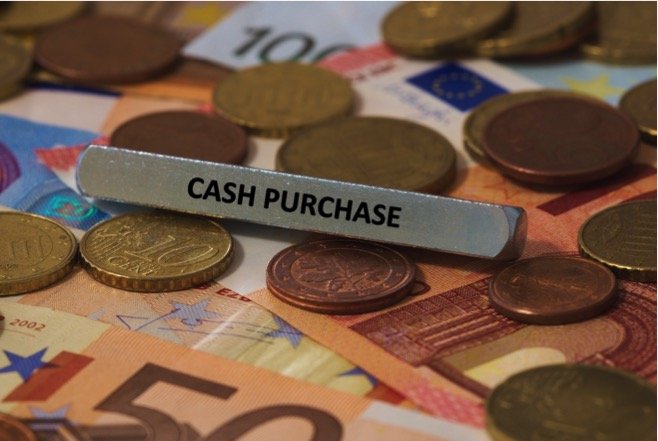Key Signs Of Bankruptcy You May Not Be Aware Of Before It's Too Late

Disclaimer: The contents of this article should not be taken as legal advice and should only be used as a resource to provide information about bankruptcy . You should always seek for the services of a lawyer specializing in bankruptcy cases to give you a more in-depth view of this matter.
You’ve been working in a company for more than three years now, and you consider this job your only source of income every month. You’ve been happy with this job, but you admit that if you had a choice, you’d settle for a job with a higher salary. You’re earning a “just enough” amount from your job, and recently, you’ve been having problems with your finances. You’ve noticed that you can no longer buy the things that you want and that your monthly income is just spent on paying the bills. This situation starts to bother you. You keep on thinking that this problem could worsen over time and you’re heading for bankruptcy – and this notion scares you a lot.
You have friends that went bankrupt and based on their stories, you know that that’s not a road you’re willing to take. There are a lot of things involved in the process, and you don’t want any of that. As much as possible, you want your financial life to be healthy because you know that this status will affect you today and in the future. To help you stray away from going in the direction of bankruptcy, this list contains the key signs of bankruptcy that you’re not even aware of. Take note of these and ask yourself if any (or all) of these are happening in your life right now:
- You don’t have any savings: No one is telling to save thousands of dollars from your monthly income because that’s something difficult to accomplish. But regardless of how little your monthly salary is, you should be able to allot money for your savings.
- Whenever there are emergencies, you don’t have any financial resources to pay for it. Your monthly salary is budgeted for several things and every time you receive your paycheck, everything – including the last dollar – is already allocated to pay something.
- While it’s always a good idea to save and budget your income, you should not take for granted the importance of saving. This is where you’ll get funds whenever things don’t go according to plan financially.
- You’re paying everyday items with your credit card: Essentially, your credit card should only be used to make big purchases like cars and furniture. If you’re using your credit card for this purpose, you’re giving yourself a short-term loan and then repay the debt in a shorter amount of time. But if you’re using your credit card for other purchases, you might be in trouble.
- Everyday items like foods and drugs should be purchased with cash because these aren’t that expensive. You could pay this with your monthly salary if you know how to keep up with your expenses.
- Your credit card is yours, so there’s nothing wrong if you choose to buy whatever you want. But you should also consider the debt you’ll have once you solely depend on your credit card in making all of your purchases.

- You’re getting more and more phone calls from debt collectors: As an attempt to pacify your financial difficulties, you’ve been acquiring different types of loans from different banks. At first, everything was working well as you were able to pay your existing debts but in the long run, you’ve started to be in the cycle of paying never-ending debts.
- Debt collectors have been aggressively calling you for overdue debts to be settled and there’s a never a week when you don’t get to hear a word from them.
- You can’t afford to lose your job: Sure, you’re earning now, and you could pay off all of your expenses in time but can you still do the same once you quit your job? You might have been struggling with your job, but you can’t afford to lose it because once you do, you don’t know where you’ll get resources for you to continue living.
- It’s a good thing that you have a stable job, but you should also have a backup plan financially once you decide to resign or quit your job in the future. You don’t know what will happen in the next couple of months – you could be seeking for greener pastures or your company could close, and if these things happen, you should be prepared. You can’t tell your landlady you can’t pay the bills just because you lost your job, right?
- If you still have the time, consider looking for part-time jobs or other income-generating activities. Given that your monthly salary is just enough for your expenses, you need other avenues for you to earn. More earnings can mean more savings for you, and that’s always good news.
Determining these signs early can help you inject intervention early too. Once you know that all of these things happening in your financial life could potentially lead to bankruptcy, you’ll now act immediately to be able to address these problems. Because these little things can become significant problems in the future. But once you're able to determine the main cause of the problem, you’ll be able to avoid any of these from happening again in the future. And all of your experience throughout this process will help you become a better and more effective person when dealing with your finances.
Bella Flanagan

Bella Flanagan has dedicated much of her life to law, and her pieces as a writer are imbued with her wisdom obtained from over 20 years of experience in business. Bella enjoys hanging out with her grandchildren when she has the free time.
More to Read:
Previous Posts:







